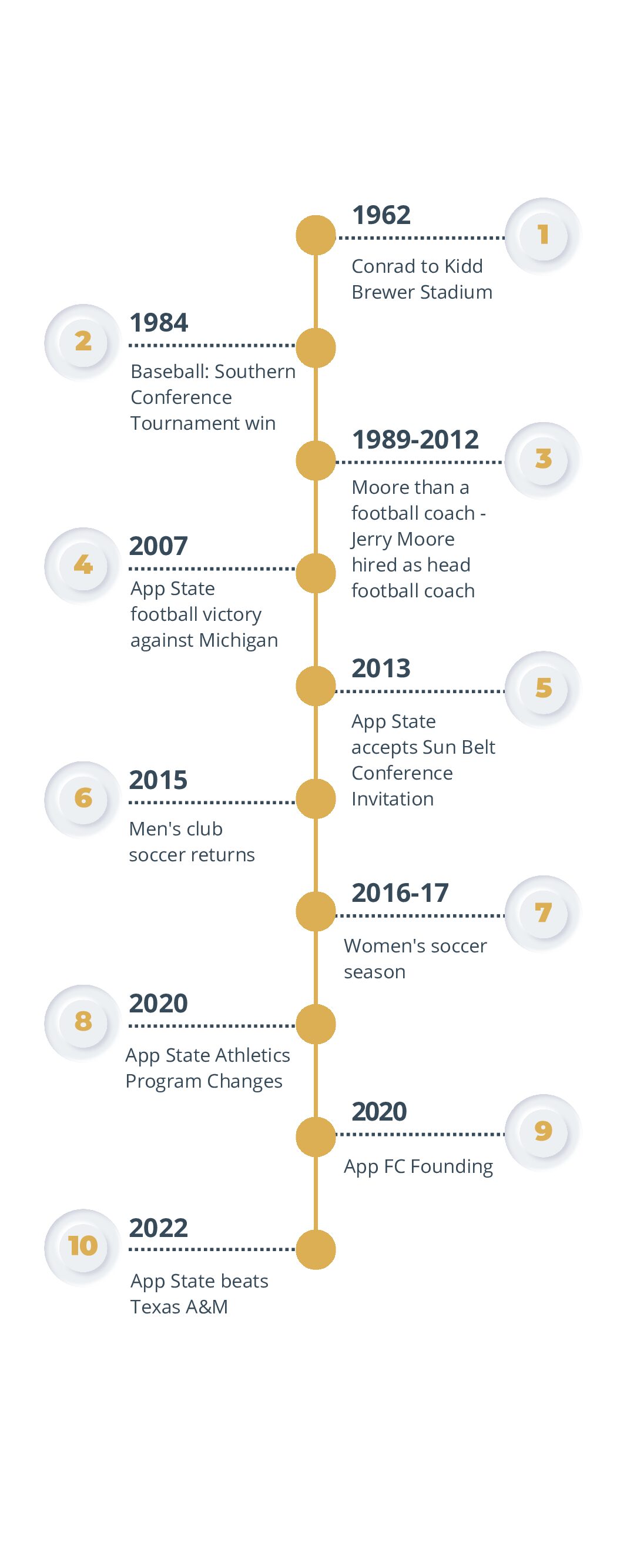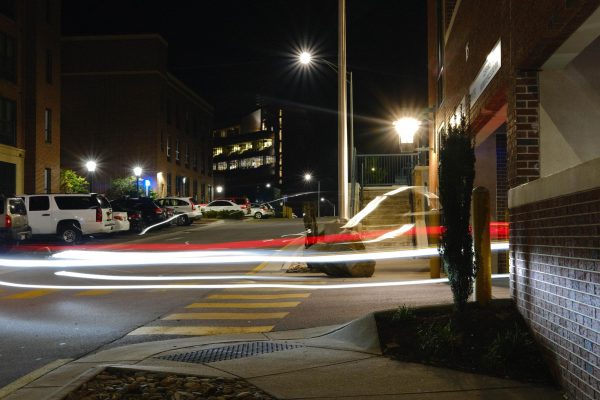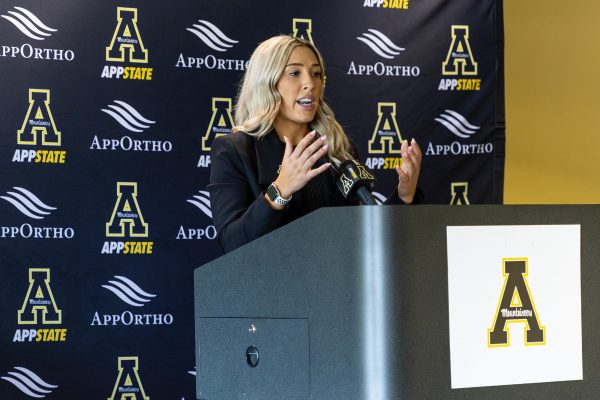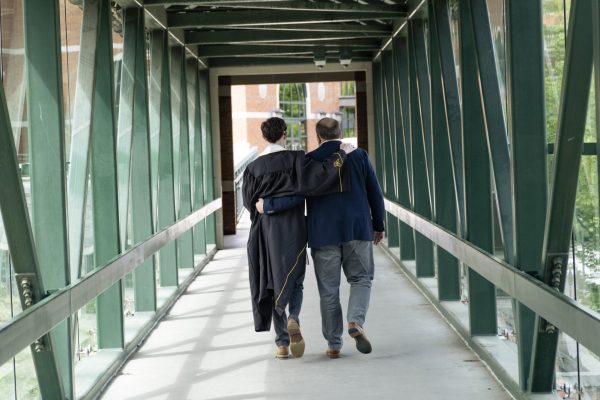Approximately 40 High Country citizens gathered at St. Luke’s Episcopal Church on Saturday for the second organizing meeting of a North Carolina NAACP branch in Watauga and Ashe counties.
The meeting focused on expanding the membership base of the Watauga County NAACP branch and learning more about the wide scope of NAACP concerns, actions and functions, according to a press release from the Forward Together Movement – Watauga County, a non-partisan and non-violent social justice group inspired by the N.C. NAACP Forward Together Movement and the Raleigh Moral Mondays gatherings.
Two N.C. NAACP officials, president of the Catawba County branch Jerry McCombs, and Raleigh field secretary Laurel Ashton, led the meeting.
In order to become an official branch, the group must have 100 members register and join the NAACP.
“You are not officially a branch until you have reached 100 members and turned in your branch membership to the national NAACP,” McCombs said.
The group reached approximately 50 members before Saturday’s meeting, said Marjorie McKinney, coordinator of the Forward Together Movement – Watauga County.
“One hundred members means that there will be a commitment to make changes over multiple years into the future,” Ashton said. “We want to avoid establishing a branch that will fall apart shortly after beginning.”
The branch must maintain 50 members each year in order to remain an eligible branch of the N.C. NAACP, Ashton said.
Eight members of the branch will be chosen as officers who will lead the mission to gain further members and speak out for the NAACP. In a preliminary voting for the eight officers, McKinney was selected as the president of the tentative branch.
McCombs also warned the audience of the consequences in speaking out and advocating as a NAACP branch before receiving official membership.
“If you try speaking out about issues through the NAACP at this point, you are on your own,” McCombs said. “I say that because groups have tried before without the official charter and have ended up in trouble.”
Ashton said that becoming part of this movement that is changing the state and nation is an honorable decision and can make a difference nationwide.
“We are in a war right now,” Ashton said. “We are in a battle over the soul of this state. What happens in North Carolina has implications throughout the rest of the country.”
Citizens of any county in the surrounding area are able to join the Watauga County NAACP branch, Ashton said.
“When you create a branch, you are not only creating one entity, you are joining a statewide and national movement,” Ashton said. “Together we are working toward changing legislation and the culture in our state.”
Founded in 1909, the NAACP is the nation’s oldest and largest civil rights organization, according to naacp.org.
Story: GERRIT VAN GENDEREN, News Reporter











